Started in the early 1900s by four Polish immigrant brothers as a simple movie theater business, following several decades of growth Warner Brothers Pictures was formally incorporated in 1923 as a full-fledged film studio. Since then, Warner Brothers has remained at the forefront of the film business and a pioneer in technologies like synced sound and color film. Over the years, Warner Brothers produced such classics as Casablanca, A Clockwork Orange, Goodfellas, and Blade Runner.
One of Warner Brothers’ most iconic films also contains one of the earliest and most celebrated gay-coded characters in mainstream American cinema: Sal Mineo’s tragic Plato in 1955’s Rebel Without a Cause. Over the subsequent years, there were other notable inclusive films released by Warner Brothers, including Dog Day Afternoon (1975), The Color Purple (1985), Interview with the Vampire (1994), and Midnight in the Garden of Good and Evil (1997). Notably, nearly every one of those films was based on source material that included LGBT characters. More recently, Warner Brothers has also released inclusive films like Alexander (2004), Kiss Kiss Bang Bang (2005), V For Vendetta (2005), J. Edgar (2011), and Tammy (2014).
In 2015, Warner Brothers released 25 films, of which 5 included appearances by LGBT people, amounting to 20%. One of these films passed the Vito Russo Test.
BATKID BEGINS
Widest theatrical release: 14 theaters
In this documentary, the city of San Francisco and the Make-A-Wish Foundation team up to turn the city into Gotham for a day to fulfill the wish of a dying child, who wants to become Batman’s sidekick for a day. The film included a passing appearance by a lesbian couple with their own children at the parade celebrating Batkid. Though the moment was brief, it was positive nonetheless to include LGBT-led families, which are still all too rare in film.
![WB-Entourage-IMDb-ef4 | GLAAD]() ENTOURAGE
ENTOURAGE
Widest theatrical release: 3108 theaters
This film serves as a follow up to the HBO series of the same name, which ended in 2011, about celebrity and the quintessential Hollywood lifestyle. Rex Lee returns as Lloyd, the gay former assistant of lawyer-turned-studio executive Ari, who wants Ari to give him away at his wedding. After ignoring Lloyd and making derogatory jokes every time he speaks, Ari does eventually give Lloyd away in a mid-credits scene likely missed by much of the audience. George Takei, appearing as himself, marries Lloyd and his husband Greg, played by openly gay Olympian Greg Louganis in another of the film’s many celebrity cameos. None of these characters have any influence on the plot.
![WB-Get-Hard-IMDb-263 | GLAAD]() GET HARD
GET HARD
Widest theatrical release: 3212 theaters
One of the most problematic films in several years, the gay panic-exploiting comedy Get Hard, amounts to a nearly two-hour prison rape joke. Wealthy hedge fund manager James (Will Ferrell) is sentenced to 10 years in prison for fraud and embezzlement. James then hires his car washer Darnell (Kevin Hart) to train him to survive in jail based on the absurd assumption that Darnell must be an ex-convict because he is black. In one of the most egregious sequences, Darnell decides that James will not be able to defend himself effectively in prison and so must learn to perform oral sex in the hope of finding someone to protect him in exchange for sexual favors. The men go to a popular gay spot, and James meets with a man in the bathroom. After finally hyping himself up enough to go through with giving the man a blowjob, James hits his head on the stall and the man leaves. James returns to their table to tell Darnell, who has been joined by a man who is hitting on him, that they need to leave after his failure. The two have an innuendo-laden conversation about t “going home and getting hard.” As James and Darnell walk out, the entire restaurant applauds them, thinking they are a couple, and the man who had been speaking with Darnell dreamily (con’t from Get Hard) says, “I want what they have.” This is just one of many scenes in the film predicated on the idea that sexual contact between two men is repulsive, and further, the assumption that men experiencing sexual violence and rape is inherently funny.
GLAAD’s Studio Responsibility Index has repeatedly found that the film industry still relies on outdated and offensive depictions of LGBT people for comedic value, and this film is just another example of that. Entertainment that relies on stigmatizing marginalized communities for cheap laughs prolongs prejudices and creates real-world consequences for those who can least afford being targeted.
![WB-Hot-Pursuit-IMDb-fc7 | GLAAD]() HOT PURSUIT
HOT PURSUIT
Widest theatrical release: 3037 theaters
This film includes the only transgender character counted in a major studio release in 2015, and she exists only for a few seconds as a punchline. During the opening montage, Reese Witherspoon’s character, Rose, is seen as a child riding in the backseat of her father’s patrol car. Her father arrests a beautiful woman, who climbs in next to Rose. She tells the woman that she is pretty, and the woman in a deep masculine voice replies, “Thanks, baby. You are too!” To complete the joke Rose turns away, widening her eyes while making an uncomfortable face. The film also includes several jokes about Rose dressing in butch clothing. In one scene, she and Daniella, who is being escorted to court as a protected witness, pretend to be a lesbian couple, awkwardly groping each other to distract a man who finds them trespassing on his property.
![WB-Magic-Mike-XXL-IMDb-616 | GLAAD]() MAGIC MIKE XXL
MAGIC MIKE XXL
Widest theatrical release: 3376 theaters
This sequel picks up three years after the original, as Mike reunites with the Kings of Tampa dancing group as they plan to end their careers on a high note by performing at a stripping convention. On the road trip to the venue, the men meet a photographer named Zoe who initially seems interested in Mike before telling him she is currently “not going through a guy phase.” Though Mike brings her onstage for his final dance, the film leaves the two at a place of friendship rather than insisting on a romantic ending. Zoe is portrayed by bisexual actress Amber Heard, who spoke in the press about working with the film’s writers to make her character bisexual. The film also includes a minor gay drag queen character who hosts an amateur show where the Kings perform. While the film heavily suggests a sexual past between female characters Rome and Paris, GLAAD did not count these characters in its final tally.

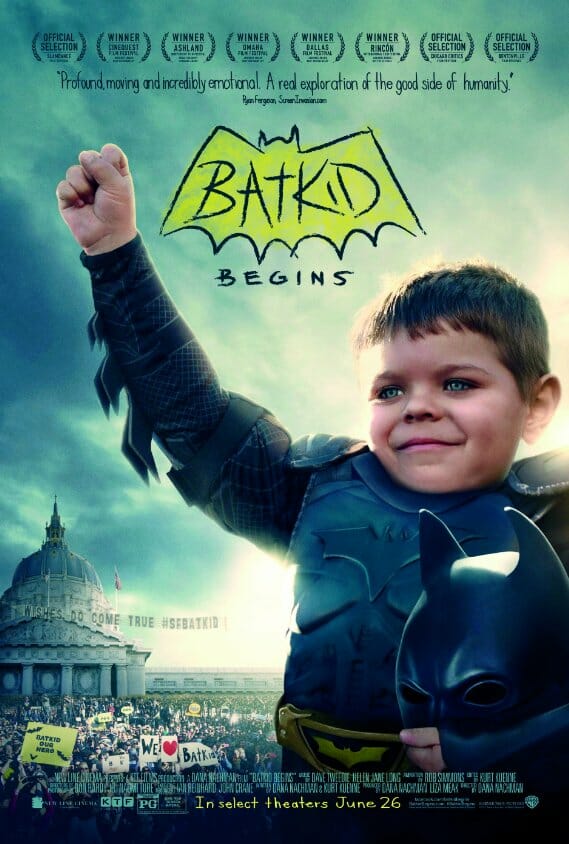
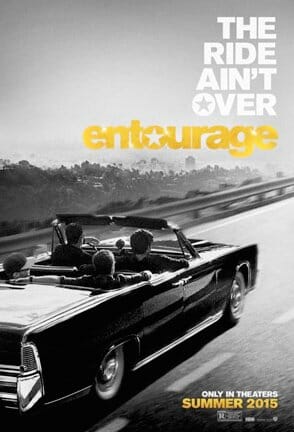 ENTOURAGE
ENTOURAGE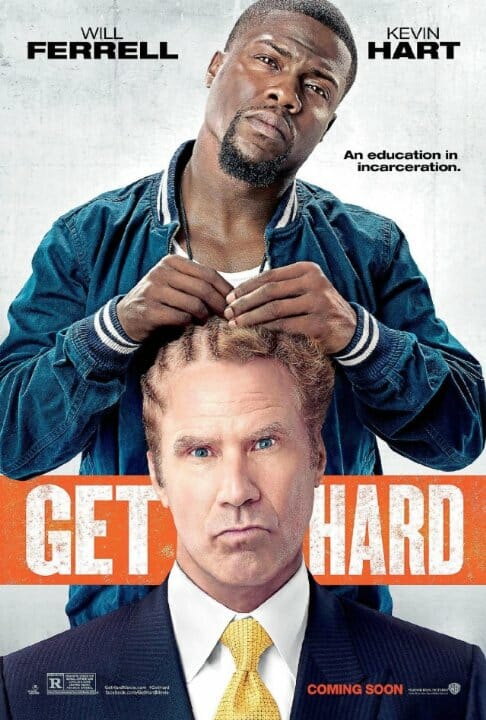 GET HARD
GET HARD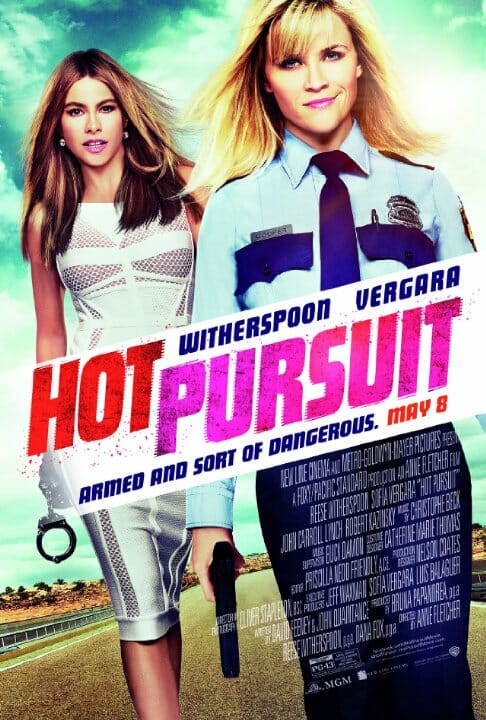 HOT PURSUIT
HOT PURSUIT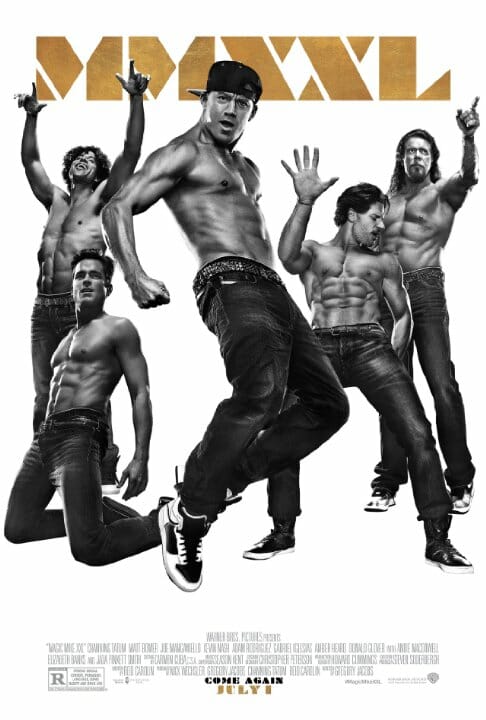 MAGIC MIKE XXL
MAGIC MIKE XXL










